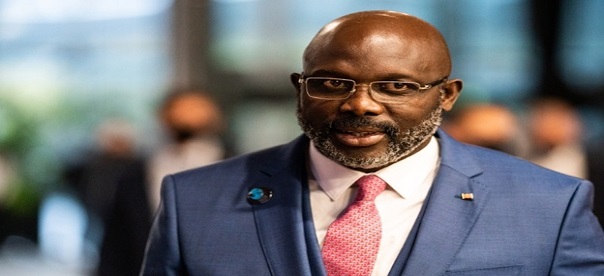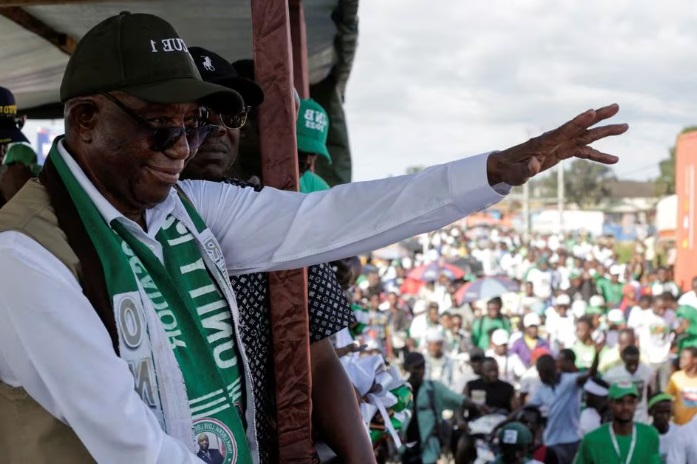Former Liberian President Charles Taylor was forcefully ousted from power by a rebellion force in Liberia and subsequently forced into exile in Nigeria. He was later charged with war crimes and crimes against humanity, albeit for crimes committed not in Liberia but in Sierra Leone. Reports Lyndon J. Ponnie, Sr.
During a press conference, Taylor expressed remorse and revealed that his major mistake was not cultivating a friendship with the United States. He advised future Liberian leaders to avoid making the same error, stressing the significance of developing a close relationship with the powerful US, which had traditionally been a partner to Liberia.
However, it appears that former soccer star George Weah, who succeeded Ellen Johnson Sirleaf, did not heed this advice. Alongside allegations of corruption and other misconduct within his government, Weah failed to establish strong ties with the United States. This is in stark contrast to his predecessor, Ellen Johnson Sirleaf, who enjoyed support and admiration from both the US and the Western community.
To complicate matters, several high-ranking officials in Weah’s cabinet have been sanctioned by the US Treasury for corruption, further tarnishing his government’s image. Weah himself has engaged in actions that seem intended to counter American interests, such as halting the exportation of unprocessed rubbers and reversing support for the US stance on Israel at the United Nations.
As a result, there is a real possibility that Weah may face sanctions from the US, according to foreign sources. The incoming President, Joseph N. Boakai, now faces the challenge of determining whether he can align Liberia with American interests and restore a positive relationship with the United States. The outcome of this situation remains uncertain, and it remains to be seen how President Boakai will navigate these intricate diplomatic waters.







